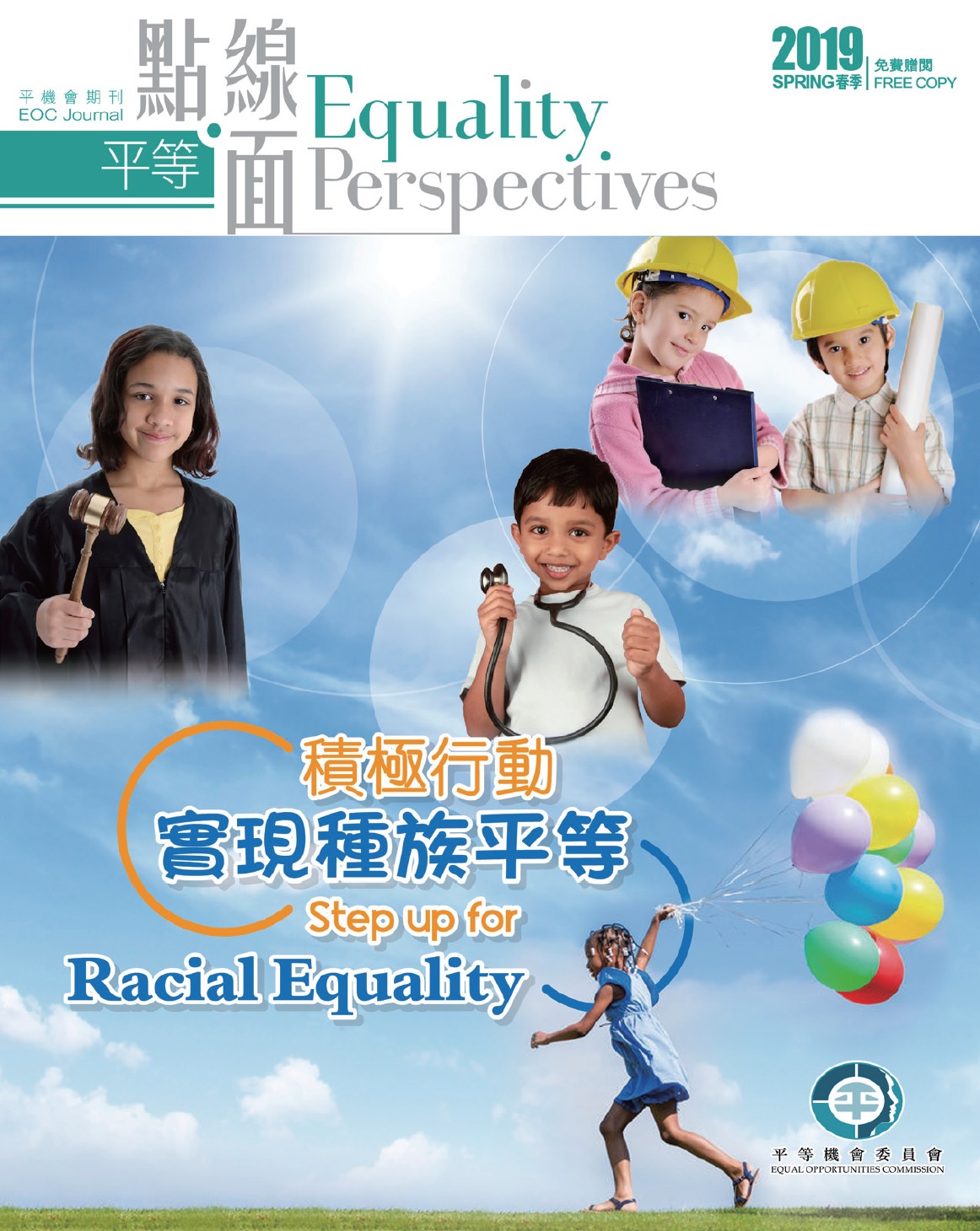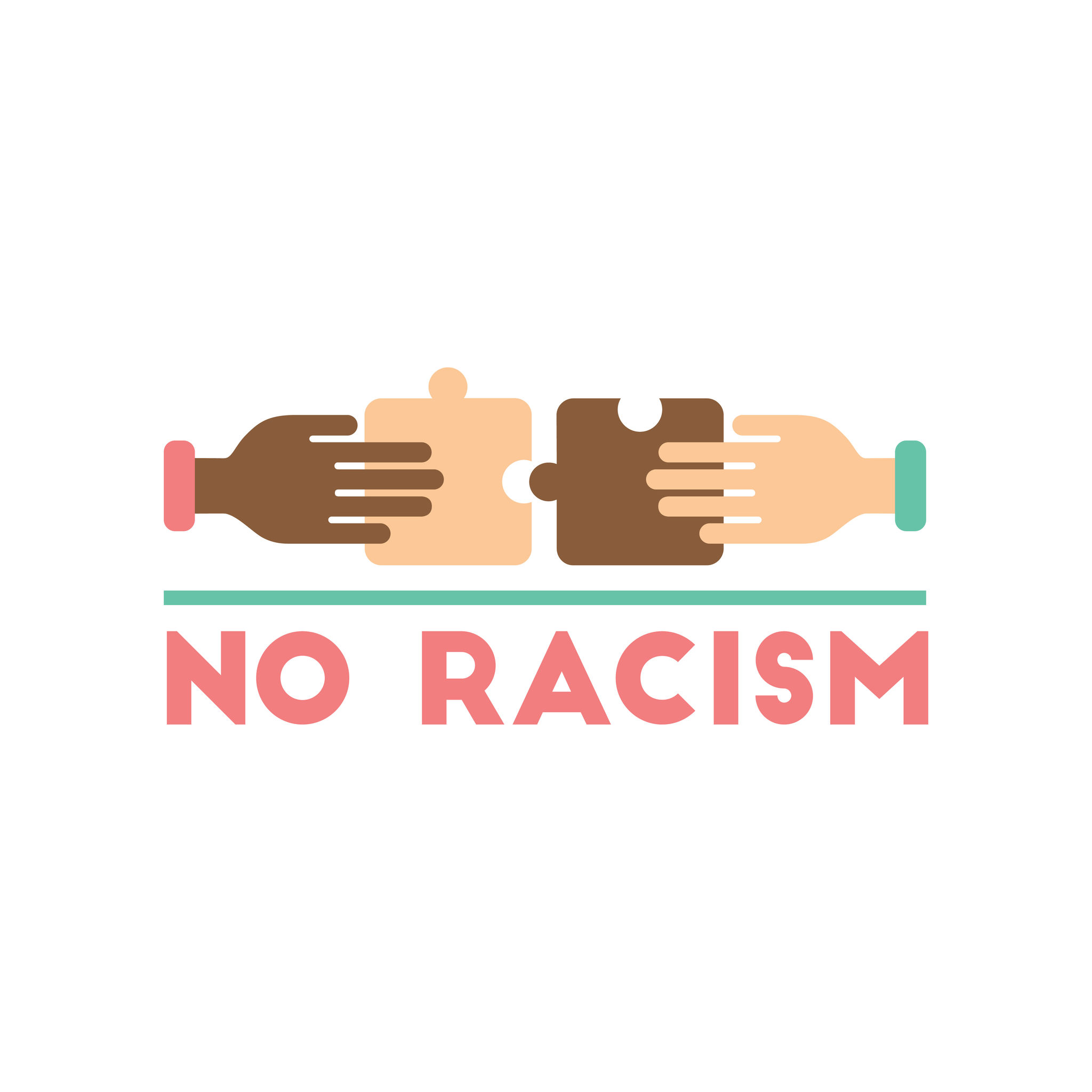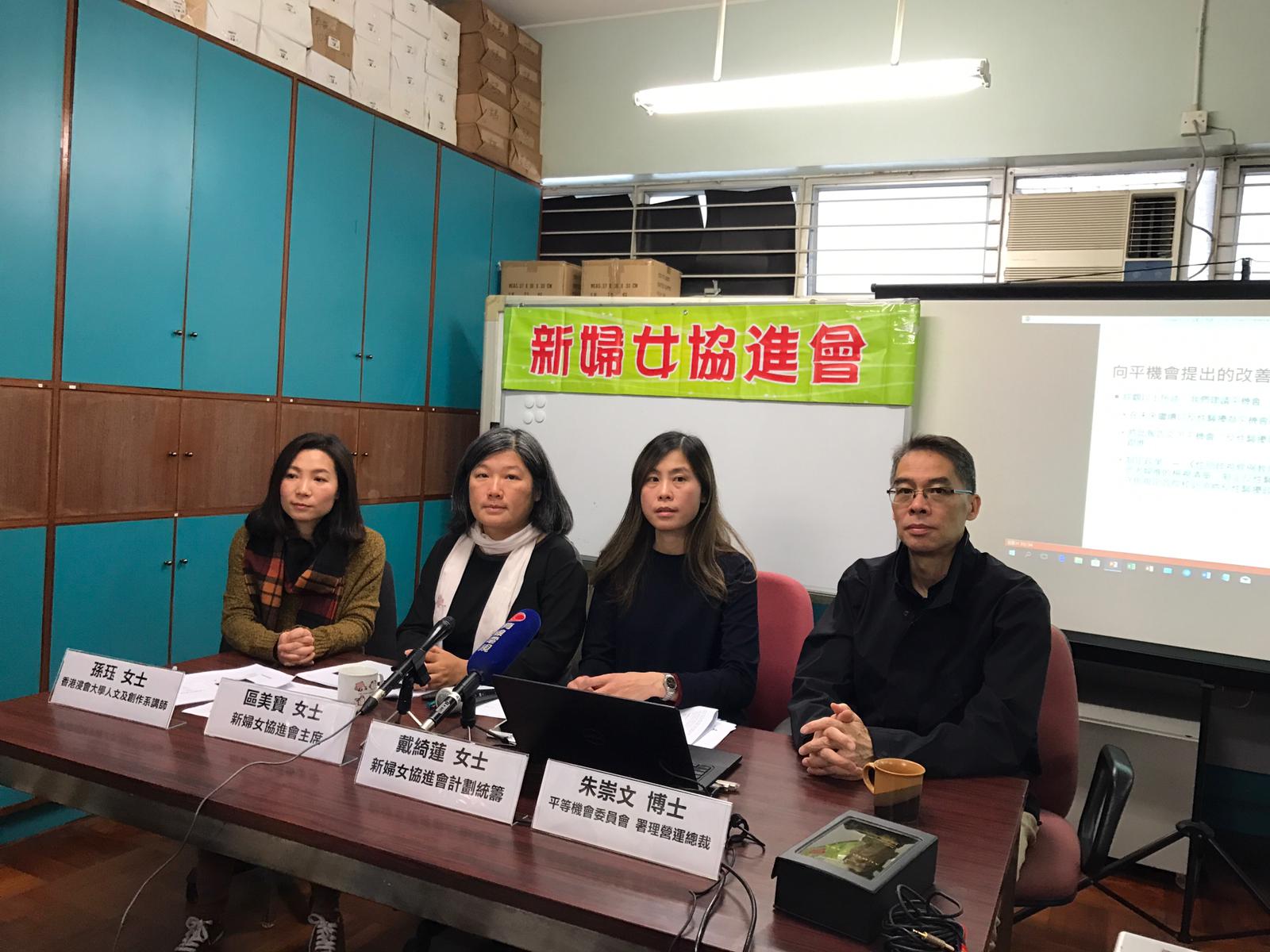|
  | |
Tel: 2511 8211 / Fax: 2511 8142 / SMS: 6972566616538 |
News from the EOC
Issue 204 | 27 February 2019 |
中文版

Whether for professionals or amateurs, sports can be an exhilarating and rewarding experience, but the frequent physcial contact and asymmetrical coach-athelete relationships also make it a potential hotbed of sexual harassment (SH). Over the past few years, the EOC has partnered with the Sports Federation and Olympic Committee of Hong Kong, China (SF&OC) to organise anti-SH training workshops and seminars for National Sports Associations (NSAs), who are responsible for promoting sports in Hong Kong and selecting atheletes to represent our city in international competitions. A guide has also been developed for sports organisations to formulate anti-SH policies. To track progress and identify ongoing challenges, the EOC conducted a survey of NSAs regarding their adoption of anti-SH policies from July to October 2018, following a similar study in 2014. Questionnaries were distributed via SF&OC to the 79 NSAs in Hong Kong, out of which 42 were returned.
There are encouraging signs: the number of NSAs with an anti-SH policy increased from seven in 2014 to 22 in 2018, and an additional 17 NSAs are expecting to have a policy in place by the fourth quarter of 2019. More NSAs took active steps to inform members and affiliated clubs of the policy as well, with 12 of them posting it on their websites (none uploaded the policy in 2014) and 10 sending out an email notification (vs. 3 in 2014). Our findings also indicate a wider adoption of preventive measures among NSAs, such as providing anti-SH training for coaches and requiring them to sign an acknowledgment form after reading the anti-SH policy or a related Code of Ethics.
However, the fact remains that 37 NSAs did not participate in the survey, which may be attributed to the absence of an anti-SH policy within the organisation. Even among those who had responded and established a policy, some failed to include important elements like contact information of the complaint-handling staff and an assurance that complainants would not be penalised for coming forward in good faith. The EOC therefore recommends that the SF&OC further their efforts, for instance by preparing for NSAs an abridged Chinese version of the step-by-step toolkit developed by the International Olympic Committee on how to prevent harassment and abuse in sports. The Leisure and Cultural Services Department (LCSD), who subvents over 90% of NSAs, should also consider the following factors as part of its funding principles: (1) formulation of an anti-SH policy; (2) establishment of a transparent complaint-handling system; (3) uploading of the policy onto the website; and (4) reporting of SH cases to the LCSD. In addition, adequate resources should be allocated for NSAs and sports clubs with limited funds and manpower to arrange training for staff and implement other safeguarding measures.
Moving forward, the EOC will continue to support the sports sector through anti-SH training, as it strives to foster a safe environment for athletes, coaches and sports lovers alike to focus on their interests and development.
Read the survey’s report
Check out the EOC’s reference framework for sexual harassment policy in sports organisations
*********************************************

Do Facebook users cross a line when their rants about South Asians living in Hong Kong escalate into a threat of violence? Should we hold social media operators accountable? Are ethnic minorities (EMs) enjoying the same education and employment opportunities as other citizens do? What is it like to grow old as an EM in the city?
These are some of the questions raised in this year’s spring issue of the EOC’s journal,
Equality Perspectives, published online and through
Hong Kong Economic Times on 26 February 2019. In a series of deep-dive stories, we cover topics like hate speech on social media, the learning difficulties facing non-Chinese speaking (NCS) students, the root causes of widespread poverty among EMs, as well as access to elderly care for EM communities. Wrapping it up is a special section featuring members of the EOC’s Youth Consultative Group on Racial Equality and Integration, who opened up about the changes they envision for Hong Kong.
Throughout the issue, we provide recommendations on corporate practices, policy measures and legislative reform. Our analysis of the flaws with the current education policy targeting EM children, in particular, echoes the findings of the direct investigation report recently released by the Office of the Ombudsman on government support for NCS students. This latest issue also calls for revisions to the Race Discrimination Ordinance (RDO) as proposed by the EOC under the Discrimination Law Review in 2016, such as expanding the definition of race to citizenship, nationality and residency status, and repealing the provision that exempts discrimination in vocational training by way of medium of instruction.
Indeed, the status quo is far from ideal, and only with a combination of Government’s willpower, legal protection, corporate involvement and individual action can we pave the way for racial equality in Hong Kong.
Read the journal now
Familiarise yourself with RDO
Learn more about EOC’s work in promoting racial equality and inclusion
Read the EOC’s press release on the Ombudsman Report on Government Support for NCS Students
*********************************************

Proclaimed by the United Nations General Assembly in 1966, the International Day for the Elimination of Racial Discrimination (IDERD) is observed annually on 21 March. On that day, in 1960, 69 peaceful demonstrators were killed under police fire in apartheid South Africa.
Modern-day racism may take more insidious forms, but the message inherent in IDERD – embracing difference and diversity – remains relevant as ever, as populist movements around the world continue to scapegoat minorities for systemic social problems. Since 2013, the EOC has organised a public event every year to commemorate the day, call out prejudice, and raise awareness of the many contributions ethnic minorities (EMs) continue to make to Hong Kong’s society, economy and culture.
This year is no exception. From 2:30pm – 4pm this Sunday (3 March), the EOC will organise an event at G/F, E-Max, Kowloonbay International Trade & Exhibition Centre (KITEC) in collaboration with Radio Television Hong Kong (RTHK) Radio 2. We have lined up an exciting programme featuring cultural performances by EM children and experience-sharing sessions from EM employees of the Fire Services Department, Holiday Inn Golden Mile Hong Kong and Hong Yip Service Co. Ltd. Local boy band MIRROR and singer Sherman CHUNG will also perform on stage to show their support.
Join us at E-Max this Sunday for a fun and meaningful afternoon!
Get directions to the venue
What the United Nations has to say about IDERD
*********************************************

On 17 February 2019, the Association for the Advancement of Feminism (AAF) released the findings of a study funded by the EOC on anti-sexual harassment (SH) policies in the tertiary education sector. The anti-SH policies of eight UGC-funded universities and 10 self-financed tertiary institutions that offer sub-degree and degree programmes were assessed against a checklist of 36 criteria developed by AAF.
Divided into four broad categories, namely “policy making”, “policy content”, “complaint handling procedures” and “policy implementation”, the checklist examines, among other things, whether the policy mentions the definition of SH under the law, the possibility of disciplinary action, ways to lodge a complaint and the contact information of the person(s) designated to handle complaints.
While UGC-funded universities met 79.2% of the listed criteria overall, self-financed institutions received a much lower score (49.2%). In particular, the latter fared poorly in terms of “policy content” and “policy implementation”, with only 37% and 38% of the listed items checked respectively. They also met less than half (49.2%) of the criteria related to “complaint handling procedures”.
Tertiary institutions, especially self-financed ones, are recommended to review and refine their written SH policies on a regular basis. They must clearly communicate the areas covered by the policy (e.g. sexual harassment both on and off campus, during and after school hours, etc.), as well as the assistance and protection offered to affected parties in the case of a complaint. This is best complemented by training and refresher programmes for students and staff, which should work towards nurturing values of gender equality and mutual respect.
Read the press release (Chinese only)
Read the executive summary
Read the full report (Chinese only)
*********************************************
Visit our website or download the EOC mobile app (Apple App Store / Google Play) to stay updated on the EOC’s work and positions, and to review our press releases and calendar training. Also, stay tuned on other equal opportunities issues and community initiatives by visiting our community resources and community events pages for information from our community partners, including publications, survey reports, publicity campaigns, and upcoming conferences.


 Whether for professionals or amateurs, sports can be an exhilarating and rewarding experience, but the frequent physcial contact and asymmetrical coach-athelete relationships also make it a potential hotbed of sexual harassment (SH). Over the past few years, the EOC has partnered with the Sports Federation and Olympic Committee of Hong Kong, China (SF&OC) to organise anti-SH training workshops and seminars for National Sports Associations (NSAs), who are responsible for promoting sports in Hong Kong and selecting atheletes to represent our city in international competitions. A guide has also been developed for sports organisations to formulate anti-SH policies. To track progress and identify ongoing challenges, the EOC conducted a survey of NSAs regarding their adoption of anti-SH policies from July to October 2018, following a similar study in 2014. Questionnaries were distributed via SF&OC to the 79 NSAs in Hong Kong, out of which 42 were returned.
Whether for professionals or amateurs, sports can be an exhilarating and rewarding experience, but the frequent physcial contact and asymmetrical coach-athelete relationships also make it a potential hotbed of sexual harassment (SH). Over the past few years, the EOC has partnered with the Sports Federation and Olympic Committee of Hong Kong, China (SF&OC) to organise anti-SH training workshops and seminars for National Sports Associations (NSAs), who are responsible for promoting sports in Hong Kong and selecting atheletes to represent our city in international competitions. A guide has also been developed for sports organisations to formulate anti-SH policies. To track progress and identify ongoing challenges, the EOC conducted a survey of NSAs regarding their adoption of anti-SH policies from July to October 2018, following a similar study in 2014. Questionnaries were distributed via SF&OC to the 79 NSAs in Hong Kong, out of which 42 were returned. Do Facebook users cross a line when their rants about South Asians living in Hong Kong escalate into a threat of violence? Should we hold social media operators accountable? Are ethnic minorities (EMs) enjoying the same education and employment opportunities as other citizens do? What is it like to grow old as an EM in the city?
Do Facebook users cross a line when their rants about South Asians living in Hong Kong escalate into a threat of violence? Should we hold social media operators accountable? Are ethnic minorities (EMs) enjoying the same education and employment opportunities as other citizens do? What is it like to grow old as an EM in the city? Proclaimed by the United Nations General Assembly in 1966, the International Day for the Elimination of Racial Discrimination (IDERD) is observed annually on 21 March. On that day, in 1960, 69 peaceful demonstrators were killed under police fire in apartheid South Africa.
Proclaimed by the United Nations General Assembly in 1966, the International Day for the Elimination of Racial Discrimination (IDERD) is observed annually on 21 March. On that day, in 1960, 69 peaceful demonstrators were killed under police fire in apartheid South Africa. On 17 February 2019, the Association for the Advancement of Feminism (AAF) released the findings of a study funded by the EOC on anti-sexual harassment (SH) policies in the tertiary education sector. The anti-SH policies of eight UGC-funded universities and 10 self-financed tertiary institutions that offer sub-degree and degree programmes were assessed against a checklist of 36 criteria developed by AAF.
On 17 February 2019, the Association for the Advancement of Feminism (AAF) released the findings of a study funded by the EOC on anti-sexual harassment (SH) policies in the tertiary education sector. The anti-SH policies of eight UGC-funded universities and 10 self-financed tertiary institutions that offer sub-degree and degree programmes were assessed against a checklist of 36 criteria developed by AAF.